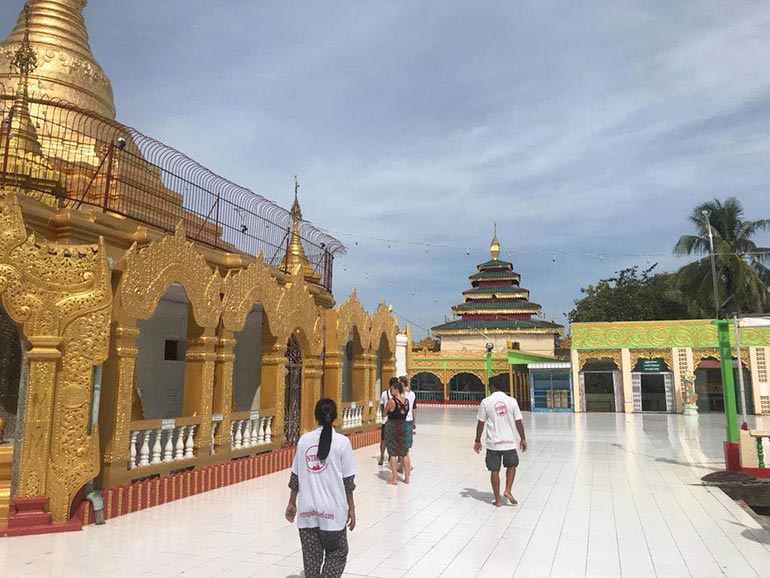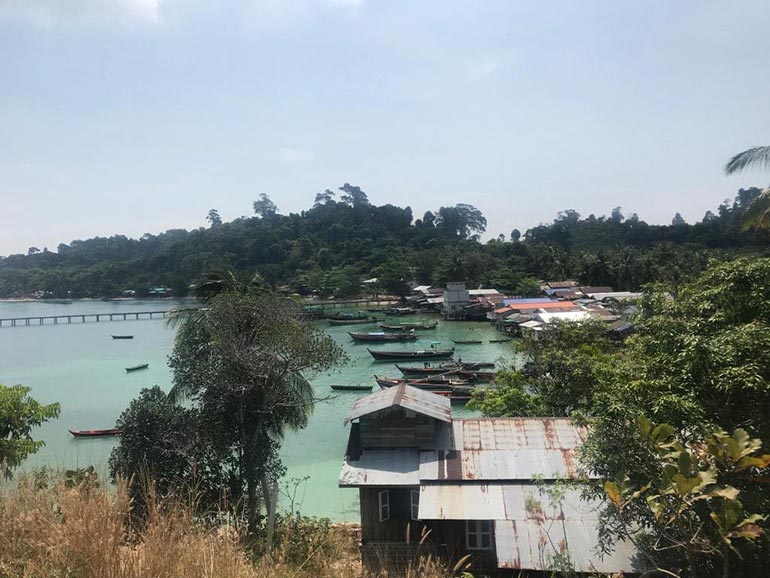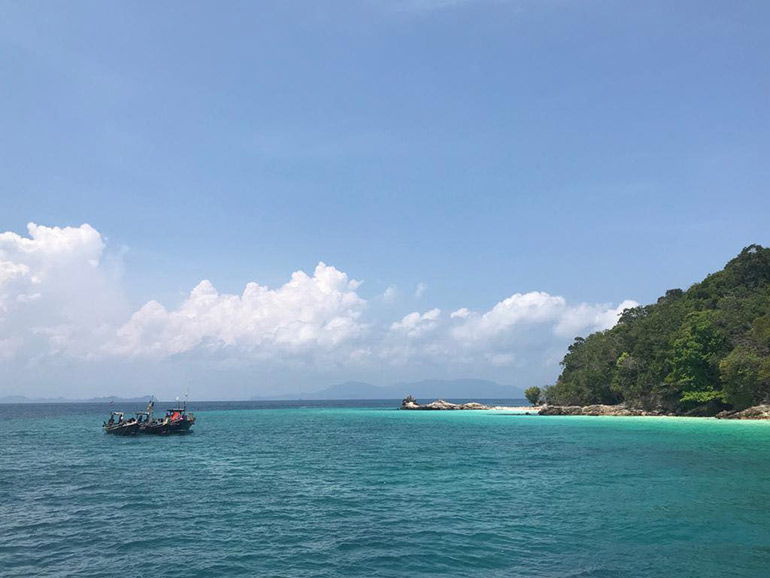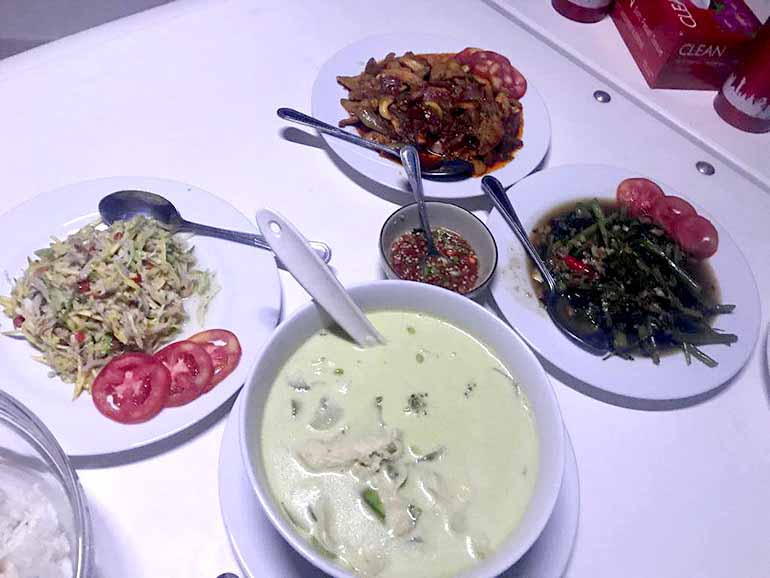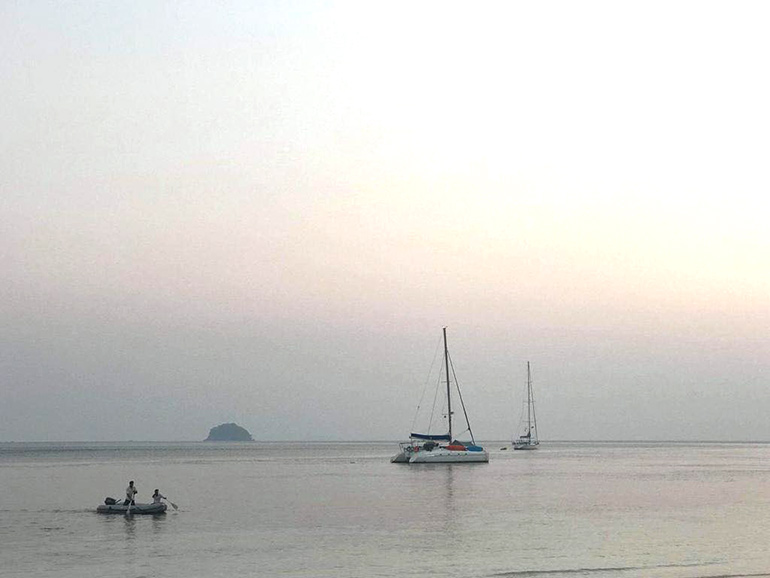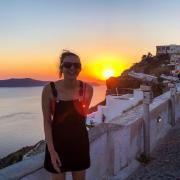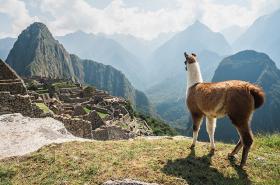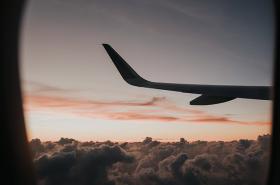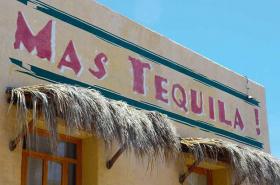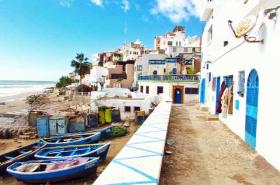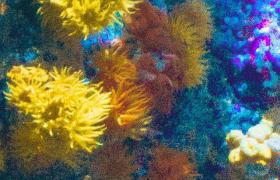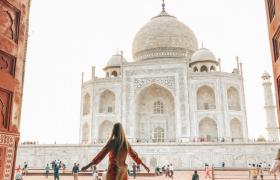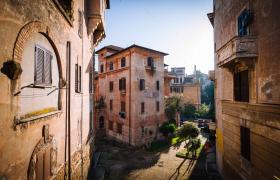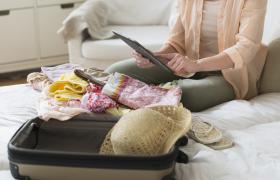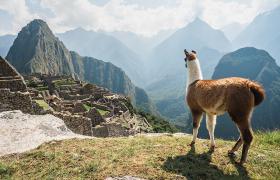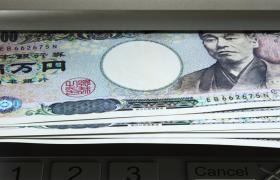Quick Contact

21st May 2019
Myanmar, previously known as Burma, is a beautifully untouched corner of Asia. Despite recently being shrouded in political instability, Myanmar offers travellers lush greenery, abundant wildlife unlike anything you have ever seen before, friendly locals and some seriously incredible coastline brimming with aquatic wildlife.
The trick with Myanmar is to enter with no expectations and ensure you are travelling with a responsible travel partner such as Intrepid. This will not only provide you have a safe and pleasant journey but will also allow you to be open to life-changing experiences, unlike anything you will find elsewhere.
Its untouched nature means it is quite elusive to tourists, so we've put together a guide on where to go, what to expect, and what to do with your travel money.
The Basics
Language: Burmese is the primary language; however, there are hundreds of other dialects spoken throughout. With this in mind, English is very limited; hence, we recommend taking a tour or having a language guide.
Money: The official currency in Myanmar is the Burmese Kyat (MMT), pronounced like the English word 'chat'. The Kyat is broken into 100 pyas, and you'll find note denominations of K1,000, 500, 200, 100, 50, 20, 10, 5 and 1.
The Kyat is a closed currency, so we recommend either taking Thai Baht or USD in. They are super strict though, so make sure your notes are in perfect conditions. By perfect we mean iron flat, no tears, marks or scratches.
You will need the USD for your visa and national park fees, however, they are likely to accept THB for your purchases and give change in MMT. Myanmar itself is very cheap, so we recommend only taking smaller THB notes. This prevents you from getting ripped off if shop vendors don't have enough change or shorthand you in the conversion from THB to MMT.
Myanmar is a cash-based society, and there are limited to no ATMs, so be sure to get plenty of cash before you enter. You can buy USD and THB from Travel Money NZ before you depart New Zealand.
Wondering how cheap Myanmar actually is? Check out the cost* in NZD of some essentials below:
Water $0.50
Local beer $1.93
Local meal $3.80
Coffee $3.15
One way public transport ticket $0.50
I would say it's cheap as chips, but not even chips are this inexpensive.
It's also important to highlight that if you are visiting more remote areas, money may have no use to you at all. Many of the outlying regions get no benefit from money unless they are travelling to the bigger cities (which they rarely do) so they may be more inclined to trade with you instead. By trade, we mean swapping a pen for a beer, or a pair of thongs for a meal. It sounds crazy to us, but it makes sense when you think about it. So, if you are planning to visit more remote towns on the mainland or in the archipelago, we recommend packing useful things you would be happy to trade. Think fans, pens, water bottles, solar torches, mosquito nets and bandaids - they are nothing to us but everything to them.
Must do in Myanmar
Yangon
Most tourists heading to Myanmar visit Yangon, which is the central commercial city in Myanmar. Yangon is home to the Shwedagon Pagoda, a mammoth golden icon. Add it to your bucket list and then tick it off by paying 8,000 kyats (about NZD 8.00) for entry.
We would also recommend a walking tour of Yangon's streets where you will learn of Myanmar's history, culture and architecture.
Bagan temples
If you're a fan of ancient ruins or temples, Bagan is the place for you. There are over 2000 pagodas and temples across 60kms of land. Head to the Thatbyinnyu Pahto temple for the best view of the countryside and sprawling temples.
Inle Lake
Located in the Shan Hills of Myanmar, Inle Lake is home to stilted houses. Hope aboard a long, skinny boat for a tour of the lake and its inhabitants including silversmiths, silk weavers and local families. The lake itself is the perfect sanctuary to take a step back and breathe in the wonder of nature while taking a break from the hustle and bustle of your trip.
Myeik/ Myanmar Archipelago
Relatively new to tourists, the archipelago of over 800 islands is a sight to behold. The islands are sprawled across the Andaman sea and is like Thailand on steroids. Characterised by crystal clear water, breathtaking snorkelling and epic dive spots, it is a must do for travellers. It is highly recommended you visit as part of a small group sailing tour as some islands are still populated by native villages that can be hostile to outsiders. Being on a tour that promotes sustainability will ensure you are seeing the most beautiful parts while maintaining your safety at all times.
Food
Traditional Myanmar food is SPICY. We're not talking KFC hot and spicy either, think more along the lines of sweat on the upper brow, eye-watering spice. Most meals consist of a curry (once again, they are spicy little ladies), rice, a noodle dish, some sort of salad with papaya or mango (to put out the fire in your mouth) and a meat dish.
If you have a weak stomach, we would recommend avoiding the meat dishes unless you see them being prepared. You will also find plenty of fresh seafood, mainly squid. By all means, this is probably not the best trip for vegans.
Finally, drink beer. The water is recycled, so it is stripped of vitamins and very rarely cold. If you are drinking water, ensure you are getting it from a safe source and consider adding electrolytes in. Alternatively, you can drink ice cold beer to cool down without the stress of contaminated water. Just be sure to wipe the lip of the beer before drinking if it has been stored in an esky with water… better be safe than stuck running to the toilet, right?
Trips for first-time travellers:
- The food is hot, the sun is hot, the climate is hot. Be prepared for a steamy holiday.
- Pack light, especially if you are visiting the archipelago
- Be cautious of your safety and pickpocketing, especially in busier towns.
- Take pens, paper, little gifts to give to local children. They will love you for it.
- English is very limited, and some locals only know the word 'no'. Don't be offended if they can't speak to you. Instead, try learning some local phrases so you can communicate with them. If all else fails, just smile - they are the universal language.
- Only 5 touring groups cover the region, and they must tick a lot of ecotourism boxes. Do plenty of research before leaving and book with a travel agent, so you have back up if anything goes south.
- It's a very authentic trip and not touristy at all. Do not expect the luxuries we have in Western countries.
- Take all of your own medications and toiletries. Literally, we mean all of them: panadol, Nurofen, malaria tablets, Dettol, gastro stop, tampons, toothpaste. Don't rely on buying the essentials over there.
- Practice sustainable travel habits and avoid leaving rubbish anywhere
- Ensure you have comprehensive travel insurance (hint: you can buy it at Travel Money NZ) and visit your doctor to ensure you are up to date with your travel immunisations.
- If you visit the archipelago, it is worth investing in a good camera or a good camera. The wildlife, sunsets and scenery are amazing.
- Take lots and lots and lots of sunscreen. The sun over there bits with a vengeance.
- Take plenty of smaller notes
- Pack light, loose clothing. Once again, it is HOT over there, and you won't want clothes sticking to your skin. It's probably worth packing a handheld fan as well.
- Be respectful and curious about their culture, and you will learn so much. Take the time to speak to locals and learn about their lives, it will give you an entirely new perspective on life.
Keen on unlocking the wonders of Myanmar? Be sure to visit your local Travel Money NZ to stock up crisp USD and THB as well as purchase an insurance policy to ensure you are covered for your adventure.
*Prices are based off numbeo data on 21/05/19 and are subject to change. Prices may vary based on seasonality, where you go and other individual factors.
This blog is provided for information only and does not take into consideration your objectives, financial situation or needs. You should consider whether the information and suggestions contained in any blog entry are appropriate for you, having regard to your own objectives, financial situation and needs. While we take reasonable care in providing the blog, we give no warranties or representations that it is complete or accurate, or is appropriate for you. We are not liable for any loss caused, whether due to negligence or otherwise, arising from the use of, or reliance on, the information and/or suggestions contained in this blog.
